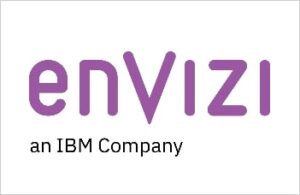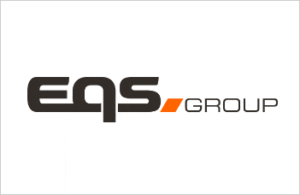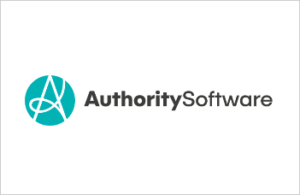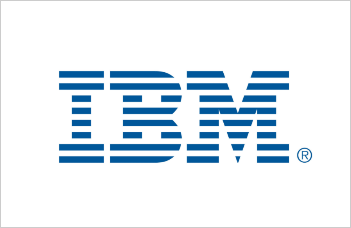Compliance
Selected topics from our compliance offerings for businesses:
- Energy management
- ESEF – XBRL reporting, iXBRL
- ESG Reporting
- Gas emission management
- Investor Relations Management
- MAR Reporting
- Third Party Management
Please feel free to reach out to our Compliance team.
 info@cogit.pl
info@cogit.pl +48224966000
+48224966000
As regulations increase, compliance becomes increasingly crucial for businesses. In practice, compliance encompasses all actions aimed at ensuring adherence to existing legal regulations.
An organization implementing a compliance model not only commits to adopting specific solutions but also integrates a comprehensive ethical system into its operations, functioning across multiple levels. This system aims to ensure that the company operates in accordance with legal regulations. Such actions serve to protect the company from penalties or financial losses in the event of issues arising from, for example, legal breaches, while also minimizing the risk of irregularities.
Compliance helps prevent harmful violations not only in the realm of law but also in the realm of unfair practices or unethical behaviors by employees, collaborators, and contractors. Implementing compliance in a business can effectively reduce the risks associated with committing crimes and violating the law. Entrepreneurs adhering to compliance rules can effectively mitigate risks related to dishonest actions by employees and management, receive support in combating unfair competition, discrimination, or workplace harassment, as well as better protect themselves against corruption and theft of data or property. The Compliance system also encompasses ensuring compliance with environmental requirements, which, given the currently stringent emission standards and restrictive environmental policies, pose significant challenges.
Among the topics selected from our Compliance offerings, solutions supporting: adapting operations to requirements related to environmental protection, social responsibility, and corporate governance ESG Reporting, emissions management, whistleblower protection and reporting irregularities (whistleblowing), investor relations management, and third-party risk management, as well as solutions for reporting under the European Single Electronic Format (ESEF) and Market Abuse Regulation (MAR), stand out.































